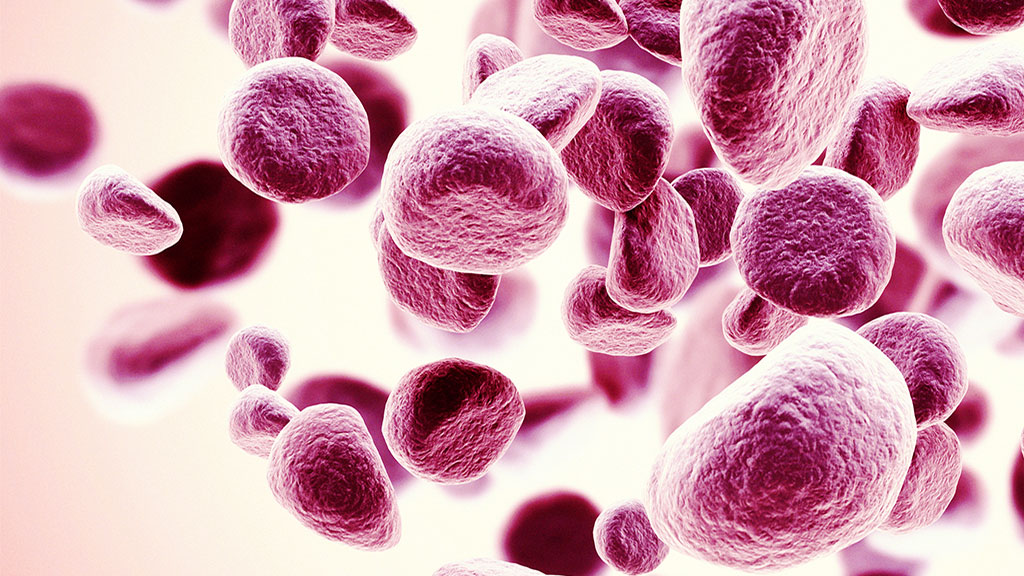Joy as sickle cell patients get access to Novartis' Adakveo after NICE ruling

People living with sickle cell disease (SCD) in England and Wales will be able to get access to treatment with Novartis' Adakveo, thanks to a special arrangement between the drugmaker and NICE.
The decision makes Adakveo (crizanlizumab) the first new treatment for SCD available via the NHS for 20 years, according to the cost-effectiveness agency, which has backed the drug despite "high uncertainty about the long-term effectiveness of the treatment."
The rare blood disorder is particularly common in people with an African or Afro-Caribbean background and can cause severe pain and organ failure.
Until today there were two treatments for SCD – an oral drug called hydroxycarbamide and regular blood transfusions to replace the red blood cells that are damaged by the disease that can take the better part of a day to carry out.
Adakveo is given as a 30-minute infusion once a month that can be taken on its own or with hydroxycarbamide, and promises to markedly reduce the treatment burden on patients.
The antibody targets P-selectin and prevents 'sickled' blood cells from clumping together to cause painful attacks – called vaso-occlusive crises (VOCs) – that reduce blood flow and cause pain. It was approved by the European Medicines Agency (EMA) in October 2020.
There are around 15,000 people in the UK with SCD, and NICE estimates that around 300 of them will be eligible for treatment with Adakveo under the current managed access agreement (MAA) with Novartis, rising to around 450 in subsequent years.
It has been backed by NICE for people aged 16 or over with SCD with recurrent VOCs (two or more attacks per year requiring pain relief) under the access agreement, rather than routine NHS use. Experts estimated that group accounts for somewhere between 20% and 40% of all SCD patients.
NICE said the decision to back it despite remaining questions about its cost effectiveness was in part to reduce health inequalities facing people of African or Afro-Caribbean family origin.
The MAA – which includes a confidential price discount – will be in force while further data on Adakveo's long-term benefits on SCD outcomes is collected from ongoing clinical trials as well as real-world experience with the drug.
"Sickle cell crises are much more than unpredictable, painful events: recurrence is a constant worry that pervades every aspect of daily life," said John James OBE, chief executive of the Sickle Cell Society patient organisation.
"For the thousands of people living with this complex and life-long disease in this country, this decision offers hope of a life with less disruption and stress from their condition, as well as reducing the associated costs to the NHS," he added.
In the SUSTAIN clinical trial, Adakveo was shown to have a significant impact in the short-term on pain, VOCs and hospitalisations.
The study has not however generated data on long-term outcomes such as mortality and rare complications of SCD like acute chest syndrome, caused by multiple VOCs affecting the lungs. Results on this should be available within the next couple of years.












